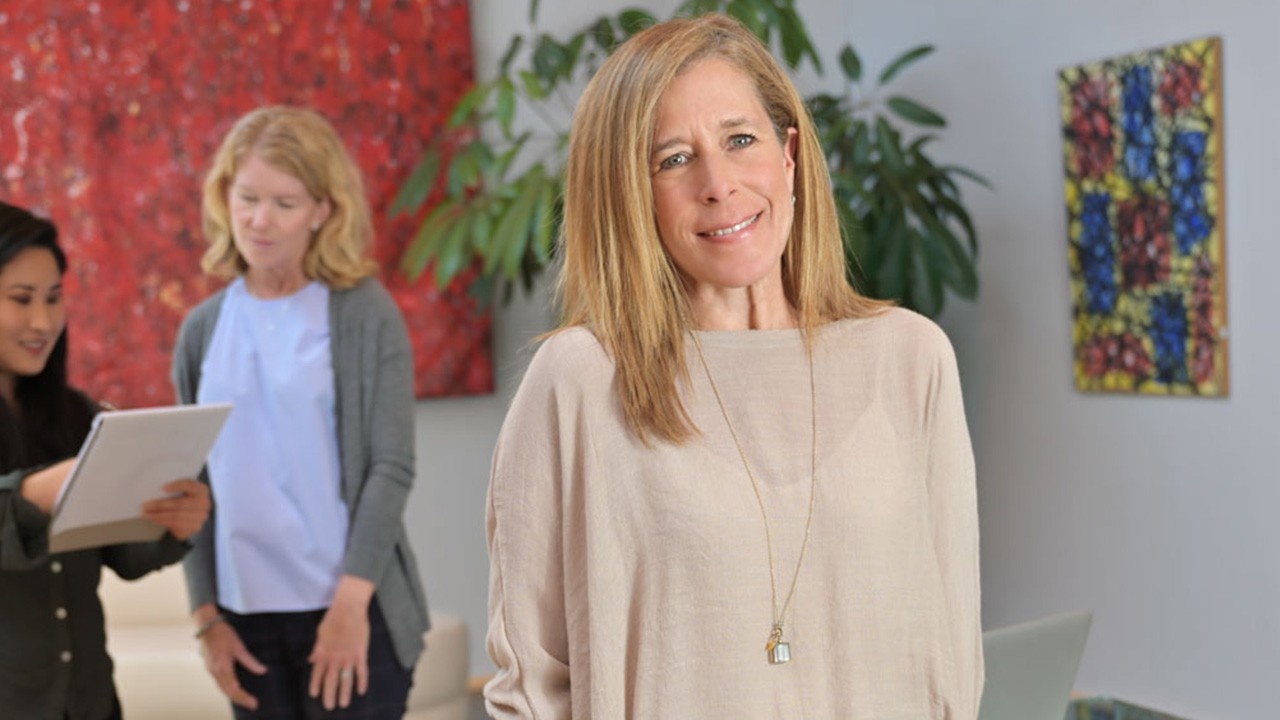Why S.M.A.R.T. Goals Are Dumb in 2023

(Scroll to the bottom to view the video.)
In 1976, Steve Wozniak suggested to Hewlett Packard (his employer at the time) the idea of creating a personal computer. He was rejected, so he and his friend Steve Jobs got to work themselves on their dream of individual creativity for each user.
Martin Luther King had a dream that someday we would all be equal.
When Michael Phelps was 7 years old, he had a dream that there were no limits on what he could achieve.
Did these world-class performers meet all of the criteria of S.M.A.R.T. goals (specific, measurable, attainable, realistic, timely)? No. They dreamt big and worked every day like that dream was possible, even through massive setbacks and failures.
Here are a couple of reasons why YOU should dream big too:
1.) Broad to Narrow:
When you dream big, are more optimistic, and shoot for the stars. You are more aware of opportunities that present themselves. This broad awareness may lead you to be more confident and throw your hat
...
No Tricks, Just a Treat!

"3 Strategies for Women to Take Control of Their Visibility and Impact"
Have you ever had the courage to speak up in a crucial conversation or to your leadership and then felt like someone pooped in your cereal? (I know that’s gross, but I cannot take credit! A recent C-level client said it yesterday:).
If so, I am EXTREMELY excited to share this with YOU! On November 5, I’ll be hosting a global live masterclass for VMware’s 6000 member Women in Leadership group, and I wanted to give my Limitless Leader family access to these important tools!
So, here’s the treat...:ghost:
A sneak peek of the outline...
Why?
Because it’s YOUR time to speak up, be heard, and share your unique area of genius even more.
While we have come a long way in terms of equality for women in the workplace, we are not there yet and likely will not be in our lifetime.
According to the recent (September 27, 2021) McKinsey report, 1 in 3 women are considering leaving the workplace.
“Women are rising to the mo...
What to Say to Yourself When You Fail

"Non-negative thinking sets the best apart from the rest."
If you're human, you will experience failure. Period.
Serena Williams experienced a huge failure in the Miami Open a couple months ago, an early exit in round 1.
Unheard of, right? Not really. She was a new mother, not back in her best shape, and it was her first tournament since the birth of her daughter.
We fail too. Maybe we lose a competition, a prospect says no, a presentation goes south, or we get rejected after a promising (so we thought) interview.
According to Dr. Martin E.P. Seligman, founding father of the new science of positive psychology, there is a power in positive thinking, but it "pales in comparison," says Seligman "to the importance of what we think after we fail." Our “non-negative” thinking sets the best apart from the rest.
Serena, packed up after the Miami Open, understood that she did not in fact fail. She needed more time to prepare. She was optimistic about her ability to come back, and vowed to...
Check Out My Recent Blog Article / Video / Podcast Posts
Categories
All Categories#executivewomen #influence #fearlessfemaleleadership #ffl1mm #womeninleadership
#fearlessfemaleleader #gratitude #womeninleadership #holidaymessage #sherylkline
#fearlessfemaleleader #newyear2025 #womeninleadership #leadershipimpact #ffl1mm
#fearlessfemaleleaders #beauthentic #careerconversations
#fearlessfemaleleaders #chiefpeopleofficer #servantleadership #womenofinfluence
#fearlessfemaleleaders #ffl1mm #womenwholead
#fearlessfemaleleadership #ffl1mm
#fearlessfemaleleadership #womeninleadership #unlockpotential #boldleadership #ffl1mm #altoslabs
#ffl1mm #fearlessfemaleleaders #womeninleadership #negotiation101
#highstakesnegotiations #csuiteleadership #emotionalagility #fearlessfemaleleaders #ffl1mm
#leadershipadvice #supportsystem #empoweredwomen
#selfcare #ffl1mm #worklifebalance #productivity



